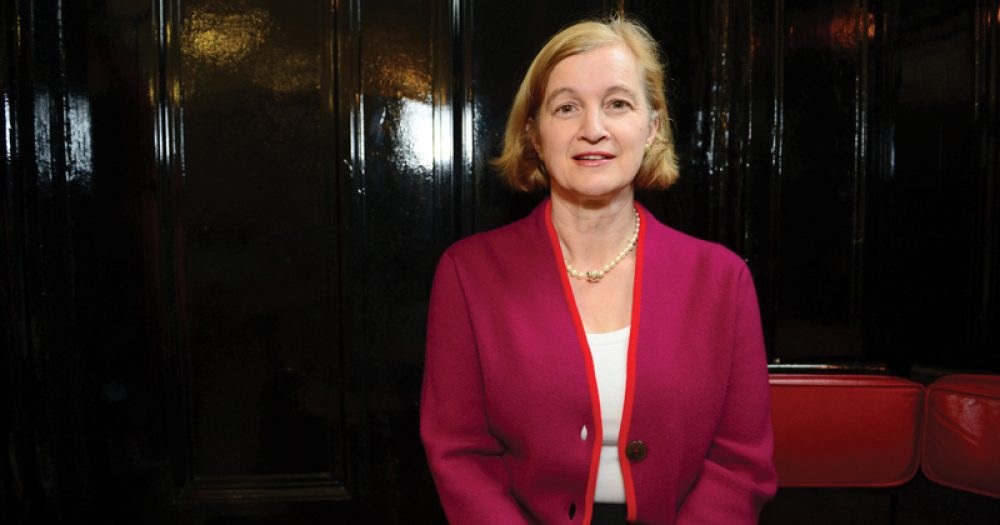Schools must uphold fundamental British values and not permit particular faith groups to influence what they do and do not teach, Amanda Spielman has said.
In a defiant speech to the Policy Exchange think tank in London this evening, the chief inspector of schools spoke of the “increasing hostility” that Ofsted inspectors are facing from “conservative religious groups”, as she insisted the inspectorate is not biased against faith schools.
Spielman, who is 18 months into her tenure, warned tonight of an “expanding sense of religious and/or cultural entitlement” that meant the preferences of certain groups are having an impact on what schools teach, what pupils take part in and what they are allowed to wear. The chief inspector also urged opponents of the government’s agenda to lobby MPs, and “not blame Ofsted for carrying out its duty”.
Ofsted has found itself at the centre of a storm of criticism over moves to clamp down on unregistered schools and instil British values in pupils. Recently the watchdog came under fire from Jewish leaders over the decision to place a girls’ school that censored teaching materials into special measures.
Yesodey Hatorah Senior Girls’ School in Stamford Hill in north London was found to have redacted passages from textbooks and censored images, and it refused to teach pupils about animal or human reproduction.
Following the publication of the damning report, the school’s chair of governors accused Ofsted of being disrespectful to the Orthodox Jewish community and said it seemed that schools would not be able to meet inspection criteria “unless we agree with the secularist agenda of Ofsted London”.
Spielman addressed that criticism directly tonight, saying that she wanted to be “absolutely unequivocal” that Ofsted “has no anti-faith bias or secular agenda”.
She called on the schools community to demonstrate “muscular liberalism”, and warned that the “openness and tolerance” of British society must not be used to “accept models of education in this country that close minds and narrow opportunity”.
Most faith schools enjoy a good working relationship with Ofsted and perform well, Spielman observed, which demonstrates that it is possible for schools to follow a religious ethos “while respecting the requirements of equalities law”.
For example, schools should not segregate pupils by gender, a requirement that led to a dispute between Ofsted and Birmingham’s Al-Hijrah School that was eventually settled in the Court of Appeal.
While schools do not have to promote ways of life with which they do not agree, Spielman said, they must teach that they exist and are protected by law.
The inspectorate is also working with religious groups to help them understand what it does and to ensure that inspectors have a good understanding of how different communities practice their faith, she said.
Those who oppose the government’s policy of promoting British values in schools should “lobby MPs to change the law, not blame Ofsted for carrying out its duty to apply the law as it stands”, she added.







Your thoughts